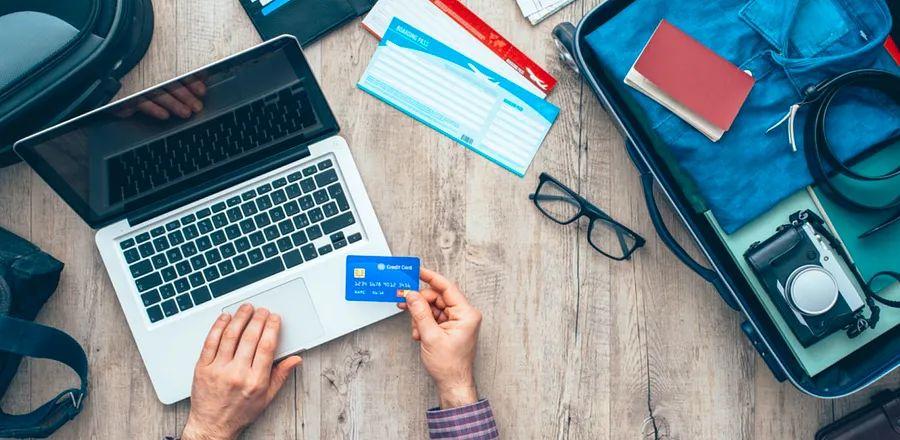What Is the Actual Cost of Your Flight? New Regulation May Remove Hidden Fees

On Monday, President Joe Biden unveiled a new initiative aimed at enabling consumers to view a more comprehensive price for airline tickets—including baggage and change fees—prior to purchase, as the White House seeks ways to reduce expenses for Americans amid ongoing high inflation.
According to the White House, the proposed regulation from the Transportation Department will ensure that airlines cannot conceal the "true cost" of airline tickets, helping consumers save money upfront and promoting greater competition among airlines to provide better fares. This requirement will extend not only to airlines but also to third-party booking sites like Kayak and Expedia.
"You should know the complete price of your ticket while you’re comparing options," Biden stated on Monday, referring to fees that airlines charge for checked luggage or for ensuring families sit together. He asserted that the new rule will assist consumers in choosing the ticket that represents the best value for them.
According to figures from the Transportation Department, airlines collected nearly $5.3 billion in baggage fees and almost $700 million from cancellation and change fees last year. Additionally, airlines impose various other fees for extras such as additional legroom and other amenities, which are not tracked by the government.
A trade organization representing major U.S. airlines stated that carriers already provide details and the complete cost of tickets. "This includes transparency about taxes and government fees on airline tickets, which can make up over 20 percent of many domestic one-stop, round-trip fares," said Katherine Estep, a spokesperson for Airlines for America.
The proposed regulation aims to address a common scenario where consumers see a ticket price listed on an airline or search website, but additional fees—such as those for checking or bringing a bag, securing a seat next to a child, or changing or canceling a flight—are often detailed separately. These fees can vary significantly by airline and could quickly add hundreds of dollars to the initial ticket price after purchase. Under the new rule, this information would be presented upfront when the airfare is first shown.
Fare disclosures would be mandatory for all commercial flights to, from, and within the United States.
The proposal originated during the Obama administration but was abandoned in 2017 by then-President Donald Trump after airlines argued it was unnecessary and would lead to considerable expenses. It now must undergo a 60-day comment period before final approval.
This proposed rule emerges as tensions escalate between the Biden administration and the airlines, with both sides pointing fingers over the rise in canceled and delayed flights this summer.
The Transportation Department has also started sharing information to help consumers understand what each airline offers when flights are canceled or delayed due to reasons within the airline’s control. This initiative has led several airlines to revise their policies on rebooking flights and covering accommodation and meal expenses for stranded passengers.
Biden announced this initiative on Monday afternoon during a gathering of the White House Competition Council, formed last year to identify cost-saving opportunities for consumers. This was the council's third meeting, chaired by Brian Deese, director of the National Economic Council.
"Capitalism without competition isn’t capitalism," Biden remarked at the event held in the State Dining Room of the White House. "It’s exploitation."
During the meeting, Biden urged other federal agencies to adopt similar cost-saving measures, particularly by enhancing transparency regarding hidden fees that can significantly inflate the actual costs of goods and services.
One notable example is a proposal from the Federal Communications Commission that would mandate internet service providers to clearly present fees and charges, what the administration refers to as a "broadband nutrition label." Additionally, the Agriculture Department will introduce new initiatives aimed at fostering competition in various agricultural sectors on Monday.
The administration has implemented similar measures regarding bank and credit card fees, which the White House claims have resulted in $3 billion in annual savings for consumers compared to the period before the COVID-19 pandemic.
Evaluation :
5/5



